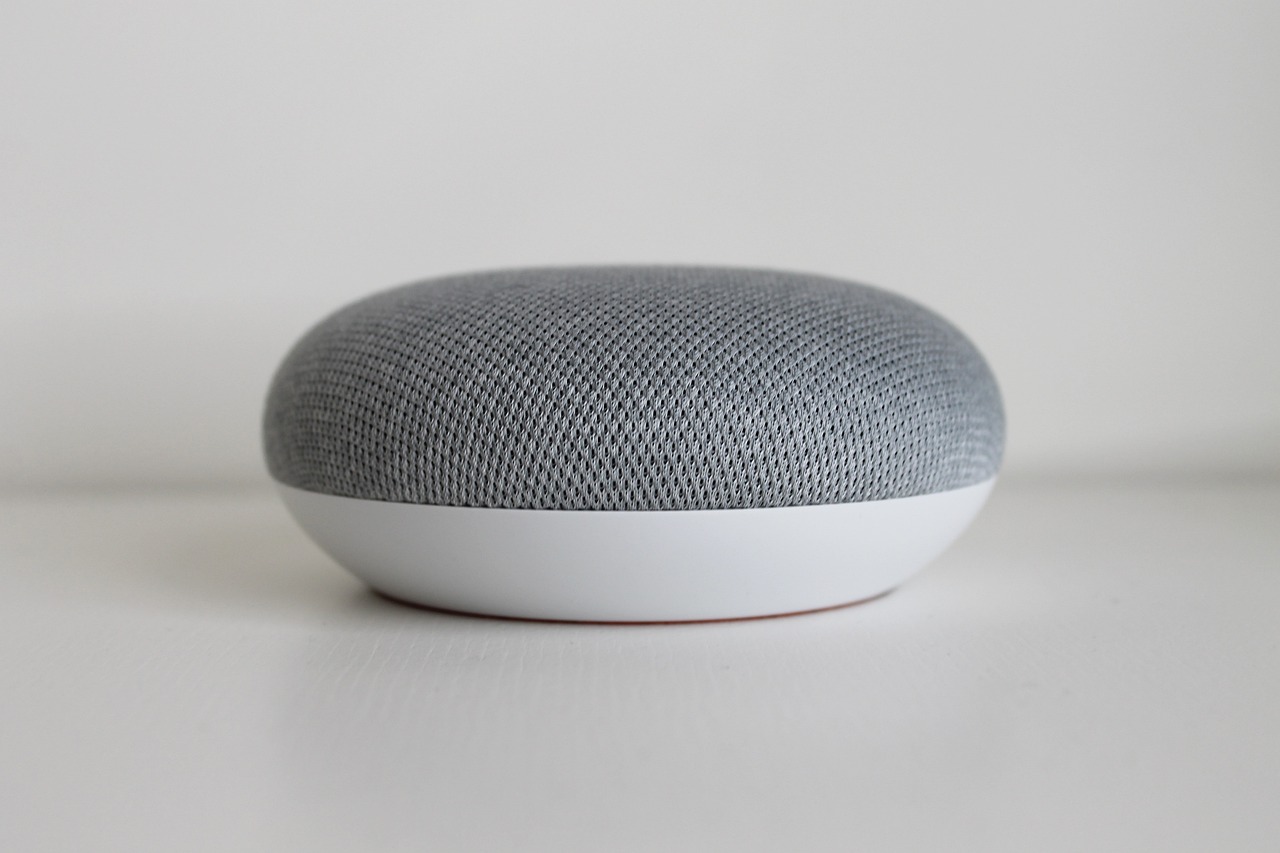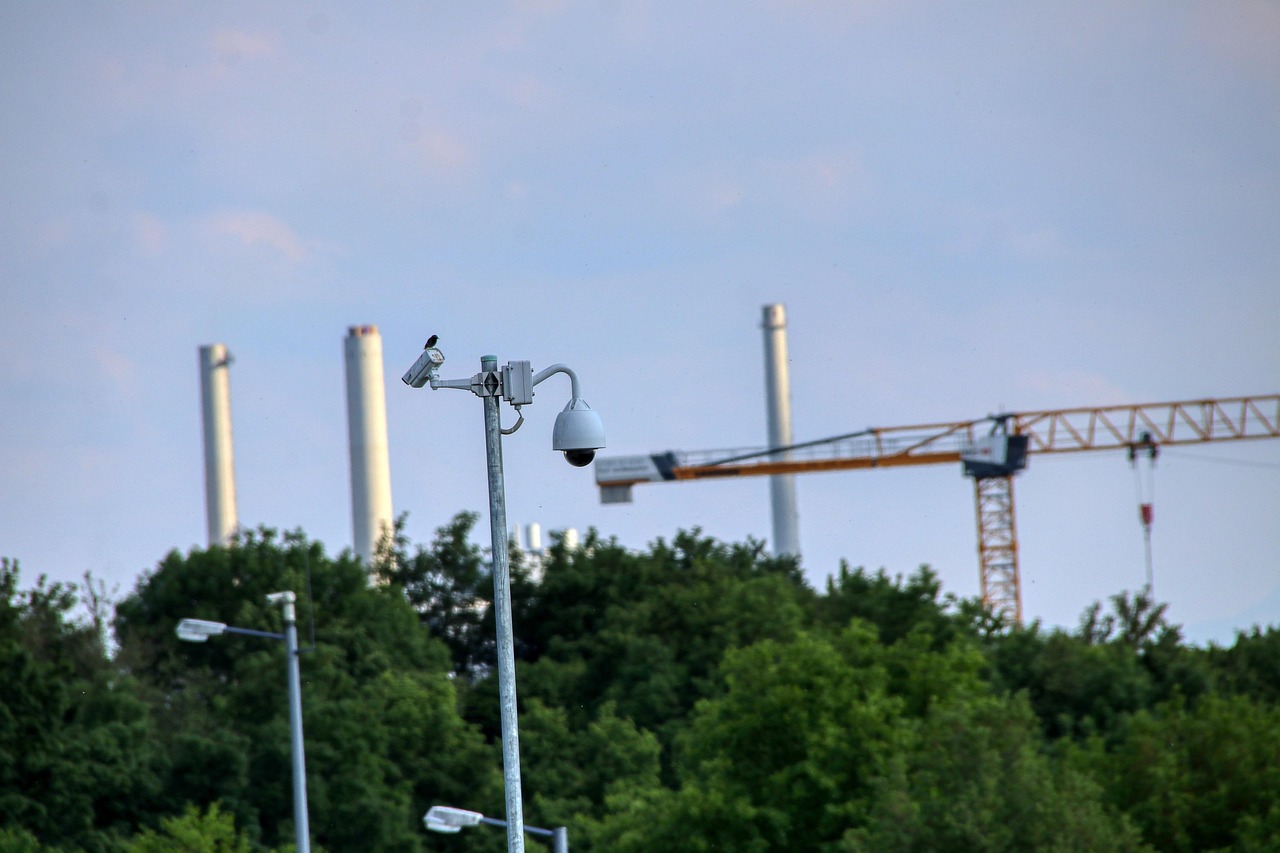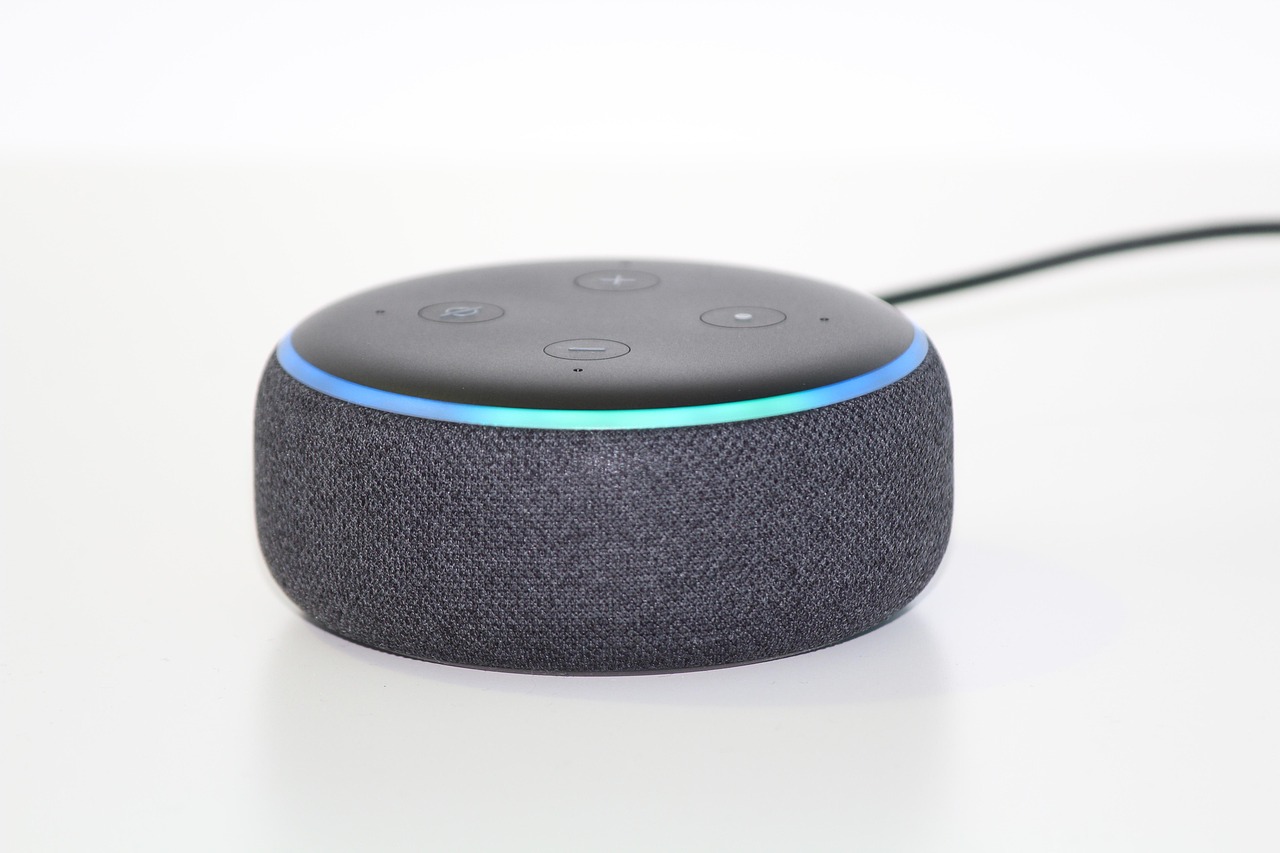Challenges Faced by Apple's AI Initiatives and Impact on iPhone Sales

Brief news summary
Apple's venture into artificial intelligence (AI) is facing significant obstacles, particularly following last year's WWDC, where the Apple Intelligence platform did not improve declining iPhone sales. This has led to skepticism about the company's AI strategy. The anticipated upgrade to Siri, a crucial part of these plans, has been postponed until later this year, further complicating Apple's position. Additionally, the company is struggling to roll out Apple Intelligence in the key Chinese market, while rivals like Honor and Xiaomi are advancing. As a result, Apple’s stock has fallen 11% year-to-date, reflecting a broader downturn in the tech industry. Morgan Stanley analyst Erik Woodring has lowered Apple's price target from $275 to $252, citing concerns that delays in Siri could negatively impact iPhone upgrades through 2026. This scenario highlights the urgent need for Apple to rejuvenate its AI strategy to stay competitive, especially as the release of the iPhone 16 is also delayed due to slower progress on new features.Apple's (AAPL) artificial intelligence initiatives are facing challenges. The company introduced its Apple Intelligence platform at last year's WWDC developer conference, hoping it would enhance sales of the iPhone and other products. However, the strategy hasn't succeeded, as iPhone sales have declined year over year in the most recent quarter. Now, Apple has announced a delay in the release of a more advanced version of Siri, a highly anticipated component of its AI strategy. The company stated that the new Siri is taking longer than anticipated and is expected to launch later this year. Additionally, Apple is still working on implementing Apple Intelligence in China, one of its key markets. AI is a crucial selling point for smartphone consumers in this region, according to market research firm Canalys, and local competitors like Honor and Xiaomi are quickly filling the gap. Meanwhile, Apple's stock price continues to take a hit alongside its Big Tech peers. Shares have dropped 11% year to date, following Nvidia's 17% decrease and 9% declines for both Microsoft (MSFT) and Amazon (AMZN). On Wednesday, Morgan Stanley analyst Erik Woodring revised his price target for Apple from $275 to $252, citing concerns that delays with Siri could affect iPhone upgrade cycles in 2025 and 2026.
Woodring noted that approximately 50% of iPhone users who did not upgrade to the iPhone 16 held onto their older devices due to the delays with Apple Intelligence. "It's quite surprising for Apple to experience a delay of about a year, " stated Gene Munster, managing partner at Deepwater Asset Management, in a commentary to Yahoo Finance. "This reflects broader issues beneath the surface. Publicly, Apple presents the message that its intelligence is going to be fantastic, but behind the scenes, they have a significant amount of work ahead, " he added. If Apple aims to improve its AI efforts, it must act swiftly to avoid falling further behind competitors both domestically and internationally. A departure from Apple's usual strategy Apple Intelligence was intended to be a major incentive for consumers to upgrade to the iPhone 16 and iPhone 16 Pro. However, the company didn’t roll out its software platform until October of last year, significantly later than the release of its latest smartphone lineup. Furthermore, despite showcasing various capabilities of Apple Intelligence during WWDC 2024, the company indicated that the rollout of the service’s features would be gradual throughout late 2024 and 2025. This slow release makes upgrading to the newest iPhone less enticing, as users would have to wait months to access the platform’s most crucial features.
Watch video about
Challenges Faced by Apple's AI Initiatives and Impact on iPhone Sales
Try our premium solution and start getting clients — at no cost to you

I'm your Content Creator.
Let’s make a post or video and publish it on any social media — ready?
Hot news

SoundHound AI Launches Sales Assist Agent for Ret…
At the Mobile World Congress (MWC) in Barcelona, SoundHound AI unveiled Sales Assist, an innovative real-time, voice-powered sales agent tailored for retail environments.

AI Performance Insights Now Available in Bing Web…
Microsoft has launched a new feature called AI Performance in Bing Webmaster Tools, offering website owners unprecedented insight into how their content is referenced within AI-driven search results.

Deepfake Detection Advances with AI Video Analysis
In the ongoing fight against misinformation, researchers have achieved important progress by creating advanced artificial intelligence algorithms specifically designed to detect deepfake videos.

AI Marketing: Balancing Innovation with Consumer …
As artificial intelligence (AI) advances and integrates deeply into marketing, maintaining consumer trust has become crucial.

Amazon's Alexa AI Now Supports Multiple Languages
Amazon has announced a major update to its Alexa artificial intelligence platform, now supporting multiple languages, including Spanish, French, and German.

AI-Powered Video Editing Tools Revolutionize Cont…
The realm of video content creation is experiencing a major shift thanks to AI-powered editing tools.

Reshape Automation Introduces AI-Powered Sales Pl…
Reshape Automation has introduced ReshapeX, an AI-powered sales acceleration platform tailored for automation OEMs, system integrators, and distributors.
AI Company
Launch your AI-powered team to automate Marketing, Sales & Growth

and get clients on autopilot — from social media and search engines. No ads needed
Begin getting your first leads today








